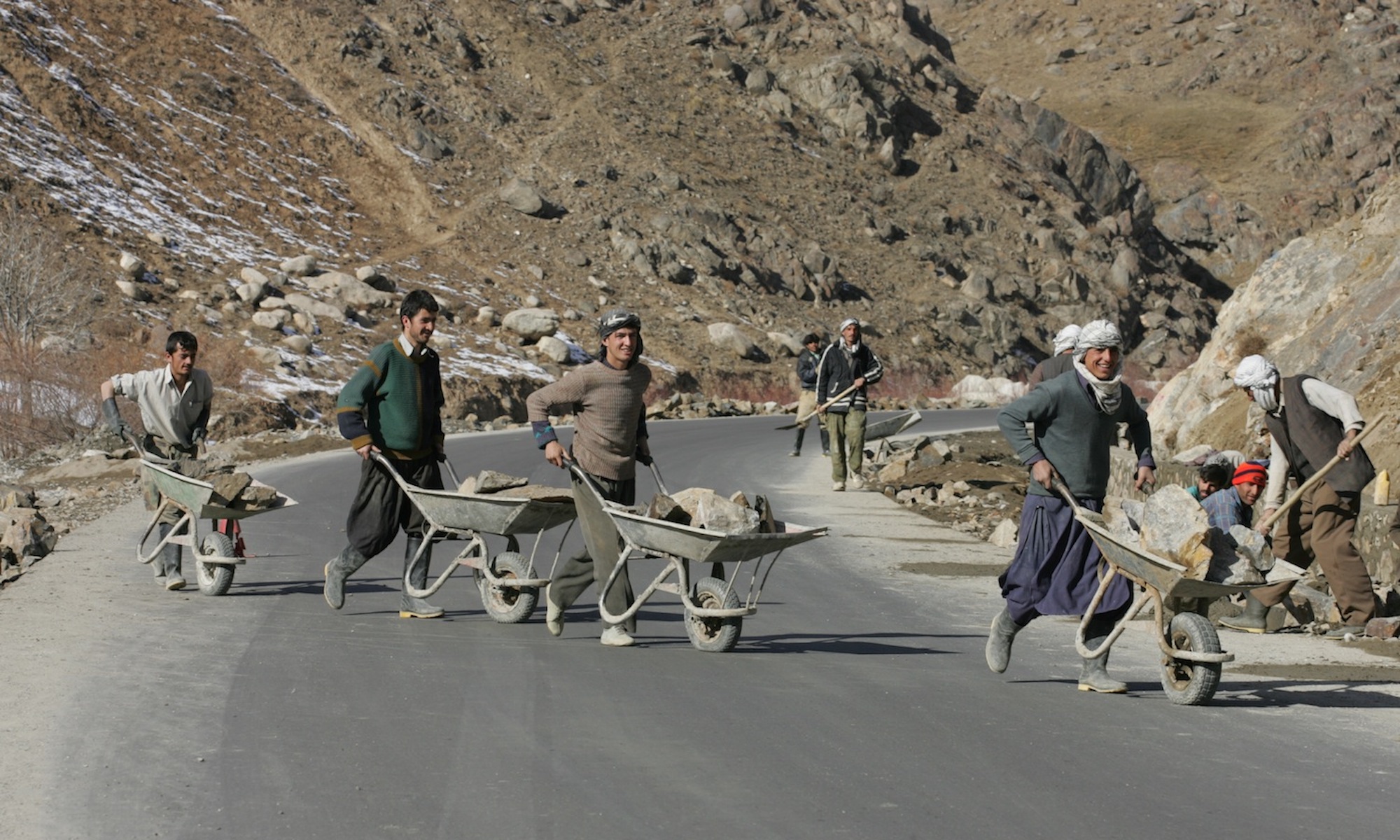Early warning is a large field with many different methodologies operating on different levels and with a wide range of issues. There are a broad variety of actors involved in these systems from grassroots projects to academics working on computer simulations. Few people would disagree with the concept of early warning: to obtain knowledge and, what is more, to use that knowledge to assist in the mitigation of conflict. In this sense, early warning is an irrefutable necessity. There is a need to actively engage in crisis prevention where the first step is the prognosis of when, why and where conflict will erupt. This is the same process as any troubleshooting: what is the problem and cause, how imminent and what can we do about it? The options that can be taken are necessarily tied to the understanding of the cause. It is, in this sense, that crisis prevention is coupled to early warning. Although related, it is different to ask whether early warning systems are essential or whether they can be successful. They are related to each other because the concepts of early warning behind their importance are in turn the criteria of success. This chapter will critically review whether early warning systems can effectively: (a) identify the causes of conflict, (b) predict the outbreak of conflict, and, what is more, (c) mitigate that conflict.

INSCT Postconflict Research Database
The Institute for National Security and Counterterrorism's Postconflict Research Database & Analysis Project stores cross-indexed bibliographic information on hundreds of journal articles, books, book chapters, and case reports that address the broad, interdisciplinary fields of postconflict reconstruction, stabilization, and peacebuilding.
4 Replies to “Early Warning and the Field: A Cargo Cult Science?”
Comments are closed.